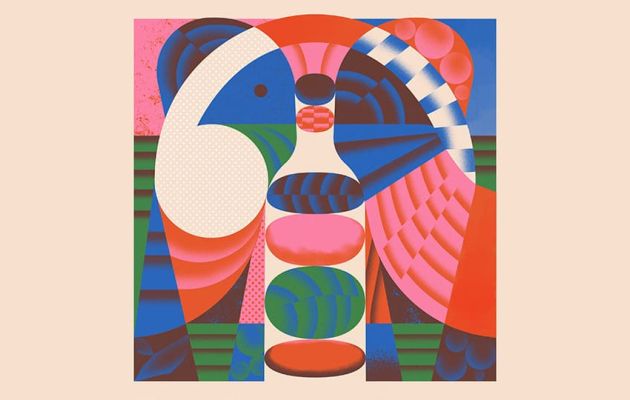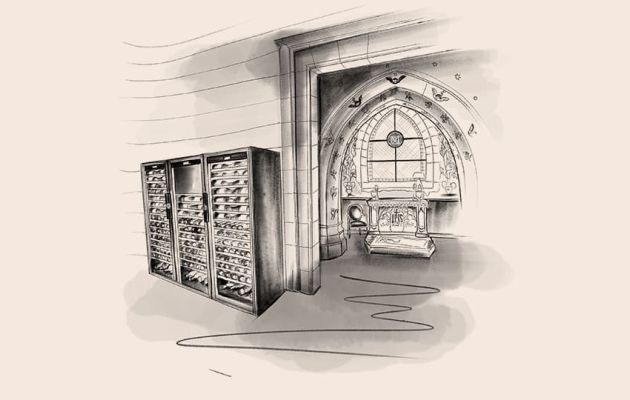[ PORTRAIT ]
Opera Singer / Canada
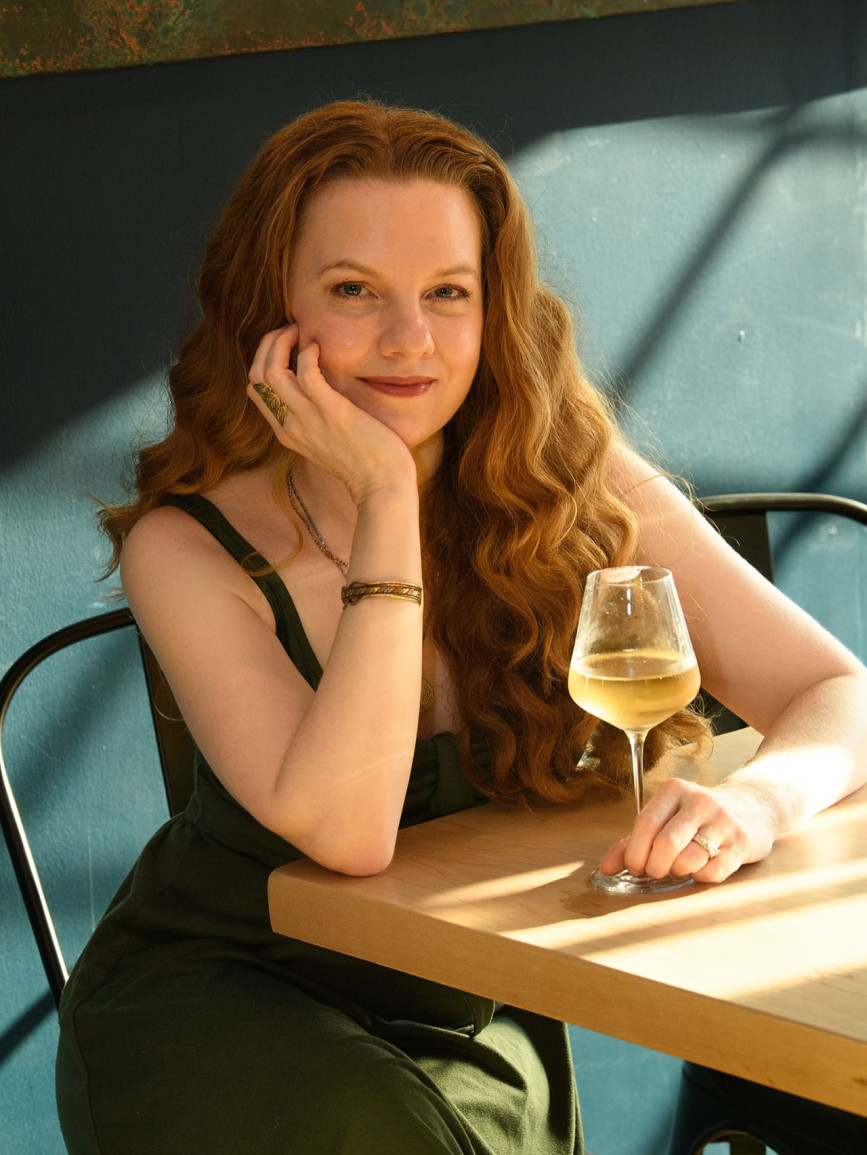
_
Talk with Emily Klassen
"In both wine and opera, it’s best to be open and to allow people to experience what you're passionate about without judgment or elitism."
A soprano who specializes in 17th and 18th century music, particularly Italian early Baroque, Emily Klassen performs with companies from across North America and Europe. Travelling performances have brought Emily to idiosyncratic wine regions, and at home, she’s affiliated with one of Toronto’s first and most buzzworthy bottles shops.
Espousing classical roles such Donna Elvira in Mozart’s Don Giovanni, or Musetta from Puccini’s La bohème doesn’t stop her from singing a Cole Porter tune or humming along to the Pixies. Emily’s dynamic voice and dramatic red tresses have appeared on screen in the 12 Monkeys series, Flashpoint, and the Murdoch Mysteries among others. She was also the only person to bring Hannibal Lecter to tears during the entire run of the much-lauded NBC series.
Emily shares her thoughts on wine, opera, sensuality, and keeping an open mind.


What was your first experience with wine?
EMILY KLASSEN
Honestly, communion. This might seem sacrilegious, but I recall trying to slurp up more than my share because I was so fascinated by the taboo of alcohol – never mind being the blood of Christ. So that's my first memory of drinking wine. It is something sort of sacred, but also for the grownups. It was alluring because it was a little bit taboo.

Speaking of the "sacred," what was your most memorable performance as a professional opera singer?
EMILY KLASSEN
The one that comes to mind is in northern Italy, at the Rassegna Organistica Valsassinese festival in Pasturo with organist Luciano Zecca. The church, nestled in a mountain village in the province of Lecco, has stunning acoustics. The organizer told me to expect a full house, calling it the "Emily Boom," which I didn’t understand until I saw a sea of cell phones and smiling faces during my performances of Ave Maria and Piangerò la sorte mia from Handel's Giulio Cesare in Egitto. The Ave Maria was particularly significant, as a video of the performance by Luciano and me went viral in Italy during the pandemic, becoming a prayer for many. This piece clearly meant a lot to people, and has even been used in a few Italian films since.

What correlations you find between the art of wine and opera?
EMILY KLASSEN
I would assume that for both disciplines, one common aspect is passion. I think that the depth of knowledge, of technique, scholarship, commitment, trial and error, and the work ethics are similar. It really must be something that calls to you, something you simply must do. I think people can be quite obsessive and have very strong opinions and ideas in either space. I know that the classical world can come across as a bit elitist and inaccessible like wine in some ways, but those of us who care very much about breaking down those barriers, try to approach the craft differently. I think it's very important to allow the experience to be the focus, not necessarily inundating people by telling them “how it should be” or “how you’re supposed to experience the thing”. Allow people to go where their natural inclinations go, where their tastes go. That's a challenge in both spaces. It’s best to be open and to allow people to experience what you're passionate about without judgment, without any kind of elitism.

Getting back to Italy, what wine discoveries did you make on your latest tour?
EMILY KLASSEN
Lugana wines! That was where we ended up. Dan, my husband, joined me to see one of my performances while we were there. I really enjoyed that style of wine. I loved how crisp and fresh and floral it is, with lychee and fruit undertones. I really appreciate that floral taste to wine. One of my favorite things in the world on a hot summer day is a cold glass of wine that’s been sweating, and you see the condensation on the glass. Lugana is a nice crisp white wine, a style that I really got into while we were traveling around northern Italy.

If your favorite aria was a wine, what would it be?
EMILY KLASSEN
I don't have a favorite aria, it changes. I'll fall in love with whatever new piece I'm learning. My knowledge of wine may not be developed enough to to say this with any authority, but certain types of music like say French Baroque - have an effervescence and a clean, smooth, flawless, light, and deceptively simple character, but is in fact very difficult. There's a lot happening underneath that you're not necessarily going to perceive so I can imagine that certain types of white wines would have a compatible connection to music like that – a wine that is clean, effervescent and pure.

That sounds like Champagne, or maybe Chablis?
EMILY KLASSEN
Yes, versus music from Puccini or Verdi, a big Italian piece – a big juicy red would be more of what I would imagine for that style of music, something that has a real full mouthfeel, you can feel it in the blood, more vivacious, and thick.
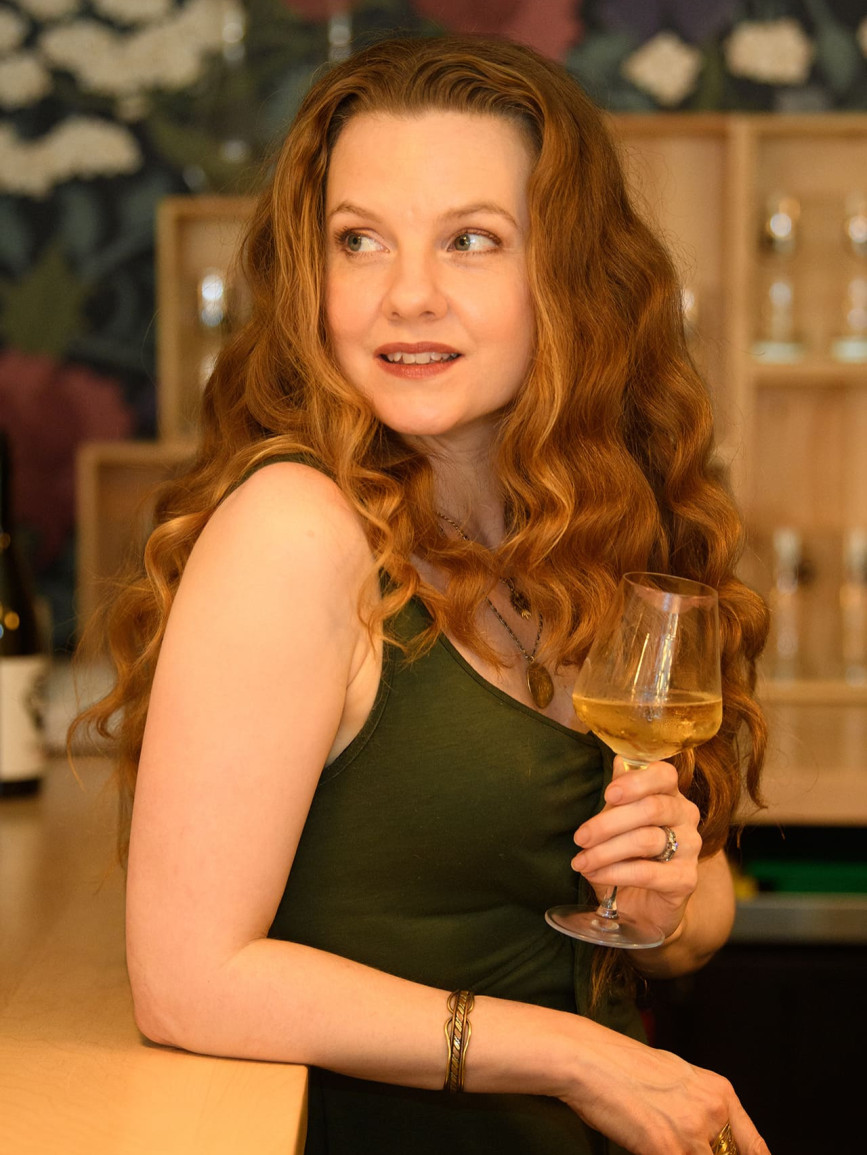

I'm fascinated by the science of bringing together sound and wine and taste.

Sounds almost like an Amarone, with power and muscle!
EMILY KLASSEN
That's right. I'm fascinated by the science of bringing together sound and wine and taste. We're human bodies experiencing our environment with the senses we have at our disposal. So naturally what you hear, what you taste, all of these things would influence your experience. That's how we experience the world and we share in that experience together. We’re all consuming. We're all drinking this wine. We're all hearing this music. We all gather and share in that ritual whether it's sipping wine over a wonderful meal, or over the kitchen table with some friends, or performing in a huge venue, or a small intimate one with a chamber group. These experiences are augmented by sharing with others.

The act of wine drinking is featured in a lot of opera, perhaps most famously, when Mozart’s Don Giovanni’s sings the so-called “Champagne Aria”. Do you have any favourite wine-related opera moments or anecdotes?
EMILY KLASSEN
There are a lot of operas that include a drinking song, I think of "Libiamo ne' lieti calici" which means "Let's drink from the joyful cups” and is from La Traviata. I suspect if you had a room full of tipsy opera singers, and asked them to sing a drinking song, that would be the one that they'd all jump in on. It’s an example of a “Brindisi,” which is a drinking song or a toast. It’s a song to get people to drink, where a character will come out and raise their glass and offer up a toast, then everyone else at the party will join in. It shows up in a few different operas. Another one is "Cantiamo, facciam brindisi", from Donizetti's “L’Elisir d’Amore”.

Your spouse, Dan Grant, and his business partner, Ben Somers, recently opened one of the first wine and beer bottle shops in Toronto. Has that changed your preferences when it comes to wine?
EMILY KLASSEN
First of all, Bossanova is a musical connection. Both Dan and Ben are huge fans of the Pixies, and Bossanova is one of their albums. In the shop, you'll see in gold embossed letters, “Every morning, every day, I'll Bossanova with you” – it's a quote from the song “Hang Wire.” I'm also a big Pixies fan. Since the opening, my preferences have absolutely changed. I think I was a bit close-minded in some of my tastes. I'm ashamed to say I didn’t venture too far outside my comfort zone. I also thought I didn’t like certain styles, but it turns out that was only because I had tried a very limited selection.

I love to hear the story behind the bottle – another way in which wine is like music
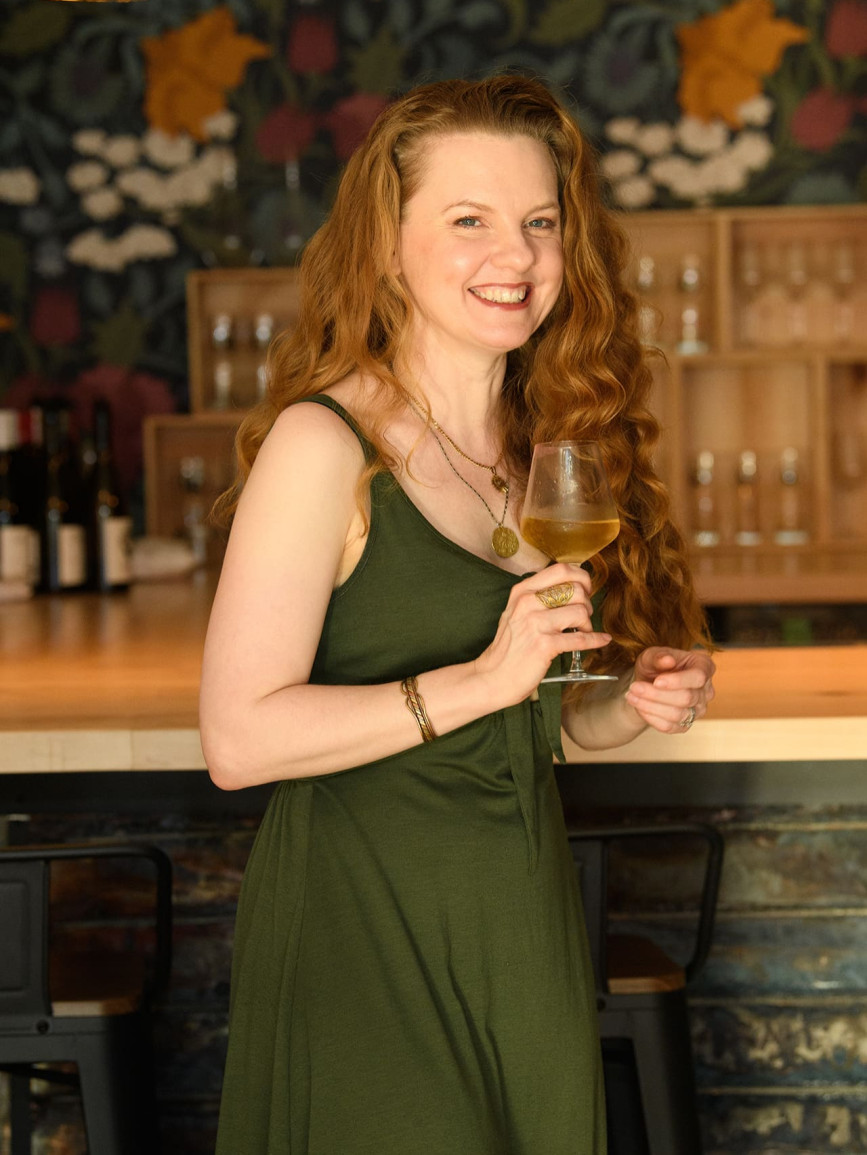

Which wines in particular ?
EMILY KLASSEN
Riesling! I assumed I didn't like Riesling because all the Rieslings I tried were quite sweet and I don't particularly enjoy terribly sweet wines. Ben shared with me that there's actually a huge variety of Riesling including many that are not sweet. Dan and I later went to Cave Spring Cellars in Niagara had a Riesling flight that opened my mind and now that's a variety in my rotation more frequently. The discovery of the wines of the Canary Islands was another unexpected connection. At a wine tasting at the shop, I was fascinated to understand about the minerality, of the elevation where the grapes are grown, the relationship of the grapes to the clouds, the water, and the earth. They spoke about the women braiding the vines. I find these aspects extremely attractive about wine and I love to hear the story behind the bottle – another way in which wine is like music. I think both disciplines appeal to sensualists who want to be able to explore and to enjoy the exploration of the senses.
Article - Sara d'Amato
Sara d’Amato is a Toronto-based wine consultant, educator, sommelier, wine critic and principal partner with WineAlign.com, Canada’s leading online wine publication. She has worked in cellars both in Niagara and in Bordeaux, France. Sara formerly held the title of Sommelier of Four Seasons Hotel in Toronto and at the Platinum Club of the Air Canada Centre. Sara writes freelance for a number of publications and travels extensively reporting on classic and emerging wine regions.
Photographs - Miguel Hortiguela
Prolong the experience
Discover the profiles of creative and influential personalities explaining their relationship with wine, the secrets of sommeliers or legendary establishments.
When you subscribe to the magazine, your email address is only used to send you our content newsletter. You can unsubscribe at any time by clicking the unsubscribe link included in each newsletter. To find out more about management of your data and your rights, click here .


